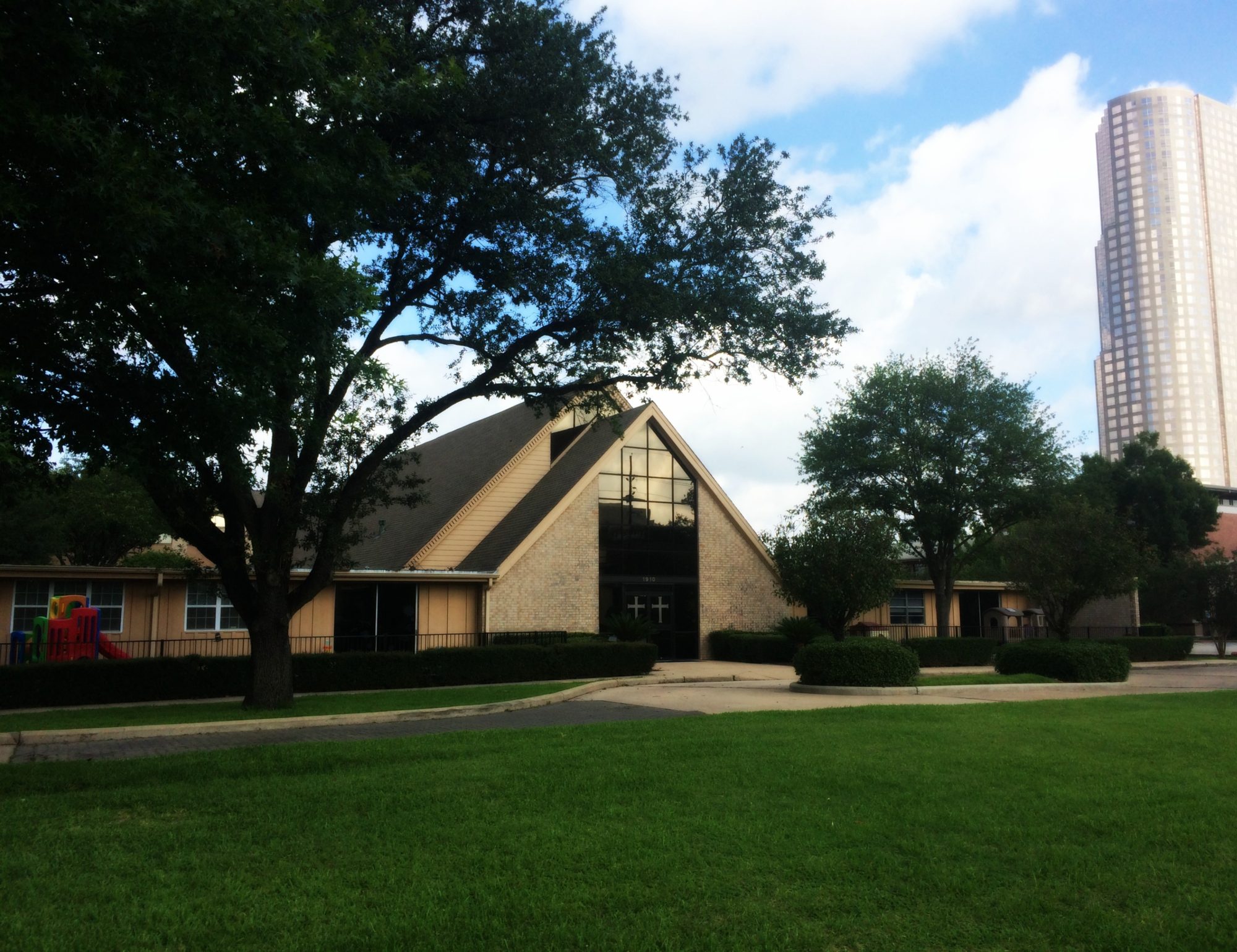Reading: Mark 10
From Lent for Everyone by N.T. Wright
When the young man declares that he’s kept all the commandments since he was little, ‘Jesus looked at him, and loved him’ (verse 21). Jesus gazed at the young man and saw in him a real eagerness, a quick readiness to do whatever it took to be part of God’s new world when it arrived, as arrive it surely would now that Jesus was here. You would have to have a heart of stone not to be moved by such enthusiasm, and Jesus’ heart was anything but stony. But then Jesus dropped the bombshell. One more thing: sell up, give it away, and follow me. ‘Costing not less than everything’ was how T.S. Eliot described the challenge of following Jesus, and that’s what Jesus was asking now. The enthusiasm changed to disappointment like a dark cloud suddenly appearing from nowhere to cover the sun. Off he went.
Stand there with the disciples as they watch, hardly daring to move. What’s he going to say? Shouldn’t he have closed the deal, told the young man to come as he was, and hoped to explain the cost to him more fully as they went on?
ln our mind’s eye we see that gaze swing round the silent, watching group. He’s reading their faces and they his. Then he says something which shocks them as much as his challenge shocked the young man. ‘It’s difficult for the wealthy to enter God’s kingdom.’ More amazement. But why? The disciples lived in a world where wealth was seen as an index of God’s blessing. If rich people couldn’t be part of God’s kingdom, then who could?
‘It’s impossible for mortals,’ Jesus said, looking hard at them. Once again we stand silent on the edge of the crowd, open-mouthed, as his level, steady, sad gaze meets theirs. Don’t they get it yet? Haven’t they seen the point? Didn’t they remember the Sermon on the Mount? God’s kingdom doesn’ t work by the ordinary human rules. All things are possible to God, but that’s just as well because what needs to happen isn’t just difficult; it’s impossible. God’s kingdom, and the life of the Age to Come, are all about new creation. You can’t generate them from within the present age.
In the previous scene, we saw Jesus going back behind the Law of Moses to the principles of the original creation. Now we see him going out beyond the Law of Moses (which the young man declares he’s kept all through) to the principles of God’s new creation. God is doing a new thing, and the only way to get there with him is to abandon all pride, all achievement, all status, all possessions. None of them count for a thing.
When God acts he characteristically turns things upside down. The first will be last and the last first.

